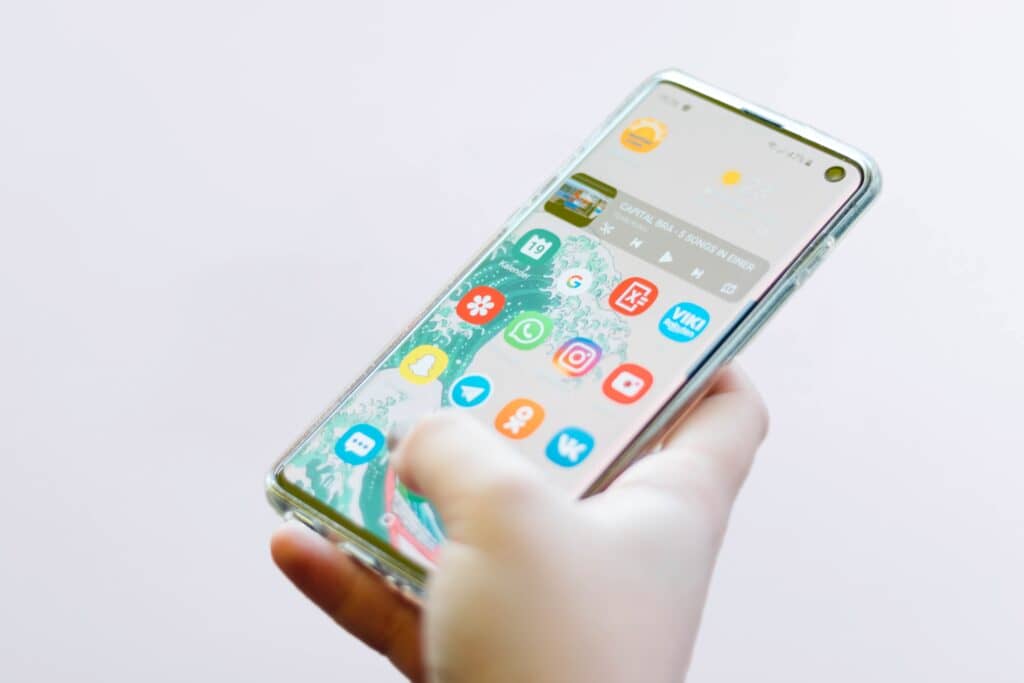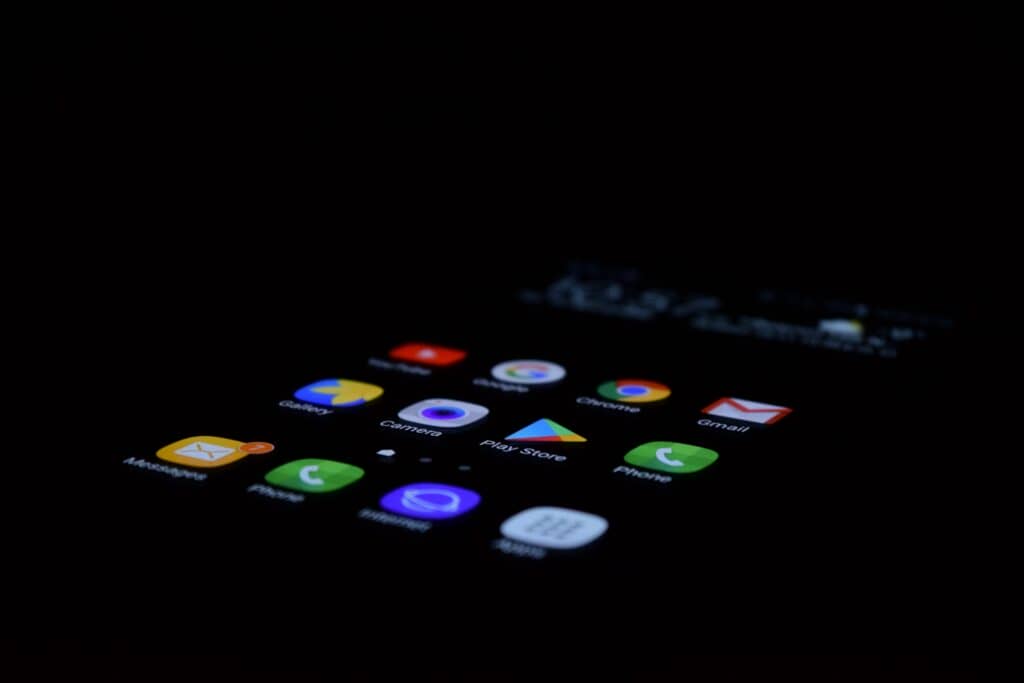“Your phone requires more storage.”
This may be one of the most devastating messages to receive in modern times.
Whether you’re trying to download an important document, or are in the middle of a wedding photo shoot, there is no doubt that receiving this message is the quickest way to ruin anybody’s day.
The question is, how can we free up enough storage space to prevent such a fate- especially quickly?
In a pinch, does disabling apps free up space?
Disabling apps is, simply put, not effective in freeing up space.
It’s really not that simple, though. There are some benefits that come with disabling an app, such as removing any installed updates and clearing cached data.
However, unless the app is particularly large, the benefits of this will be marginal at best.
In the rest of this article, we will explore all of your best options when it comes to freeing up space!
Can Disabling Apps Free Phone Storage Space?

A common misconception about disabling apps is that doing so will free up storage.
It may be different depending on the app, but disabling an app usually refers to limiting the app’s usage on your iPhone or Android phone.
This typically concerns an app’s background data, updates, and overall background strain that the app exerts.
Disabling an app might relieve a small portion of the app’s storage size.
However, this will be very limited. The small space that will be cleared will only be the data from previous updates or patches.
It is often the case that apps with a large user base- such as tech company Meta (the parent organization of Facebook and WhatsApp)- will release large updates to accommodate the ever-increasing number of users on their servers.
These updates take up an increasing amount of storage space, and eventually make the app’s overall size LARGE!
Sooner or later, this will become a big problem for many users.
All phones have a limit to the amount of storage and RAM (Random Access Memory) they can handle.
And while newer phones are constantly updated to hold bigger harddrives and RAM, it really is only a matter of time before you get the dreaded ‘storage full’ notification.
The more apps and updates you download onto your phone, the closer you will be to reaching this unfortunate fate.
What Happens When You Disable An App?

Disabling an app is not the same as uninstalling it.
Disabling an app will remove any of its background usage on your device. Disabling will also uninstall some updates, which will temporarily free up a small portion of space.
However, this also means that you will no longer receive notifications from these apps, and they will no longer perform updates in the background.
Disabling an app will also clear any memory or cache information that was stored. Any accounts or passwords that you were logged in to will be immediately logged out.
Your accounts will still be active, but you will be unable to log back in for as long as the app is disabled on your device.
If you want to re-enable any disabled apps at any point, simply go to your app store and re-download them!
However, keep in mind that reinstalling the app will also download the latest updates that were made since the app had been disabled.
Does Disapplying Apps Save Space And Speed Up My Phone?

In short, no.
Disabling an app will only free up a very tiny amount of space. It may speed up your phone ever so slightly, assuming the app was constantly sending and receiving notifications or is unusually large.
‘Speed’ on phones depends on the graphics of your processor- also known as the speed of your RAM.
Some recent phones can have up to 16GB of RAM, which is INSANE. This is the same amount of RAM that some newer laptops have!
However, the average RAM for most phones will fall around 2-8GB.
RAM is one of the critical factors in making your phone faster. In this case, more is definitely the merrier.
RAM is most often used when you have apps open and is an important reason why you shouldn’t have that many apps or tabs running in the background at once.
The more apps you have open at once, the more your RAM has to split its memory to use those apps.
This will wear down your phone, making it more susceptible to lagging and crashes. It is alright to switch between some apps when necessary, but you should always try to keep your open apps to a minimum.
If you need to free up space on your phone, the best solution is to uninstall as many downloads as you can.
This includes uninstalling apps and deleting music files, documents, photos, and videos. Don’t worry though- this doesn’t mean you have to part ways with any of those precious photo memories!
You can upload all of your photos, videos, and documents on a ‘cloud’ storage service such as iCloud, Google Drive, or OneDrive at any time.
FAQ
What’s the best way to speed up my phone?
This will clear your storage and RAM, which will allow your phone to run as quickly as possible. You can also install certain apps that will aid you in clearing unnecessary cached data.
Does your phone get slower over time?
If your phone is an older model and you use apps with frequent updates, your phone may not be able to run them very well. This could be because they require better hardware to operate.
Does Apple make their iPhones slower?
Older iPhones will also process things more slowly because they use older graphics cards that were not designed for modern apps. This is mostly applicable to phones that are older than 5 years.
The same logic applies for apps. Updated apps often require the newest software and larger RAM to be able to run properly.
When using an updated app on an older phone model, the need for better hardware will be required sooner or later.
Is there another way to free up space on your phone?
Besides uninstalling unused apps or clearing cache data from your phone, there is another method.
You can use “cleaning apps” to clear all unused cache data automatically. These apps will determine which information is necessary for you, whilst deleting any information that it deems to be superfluous.
Simply search for “cleaning up” in your Apple App Store or Google Play Store and you should be able to see many different viable options.
A few of these apps may have paywalls or advise you to spend additional money for extra features, so shop around!
In Summary
So, does disabling apps free up space at all?
When trying to free up a storage or make your phone run faster, disabling apps is not a viable solution.
Disabling apps will simply delete cached data or information that you’ve made through the app, such as chats and call logs. Deleting this data may only free up minimal space.
The best solution to clearing the maximal amount of space is to delete unused apps, photos, videos, and music. You can save these to any cloud storage before permanently deleting them.
There are also apps available that can help to automatically clear your cache or unnecessary data stored on your phone.
However, some of these apps require features to be paid for or may contain ads. It’s just as easy to take an hour or two to clear out some space on your phone by yourself!
